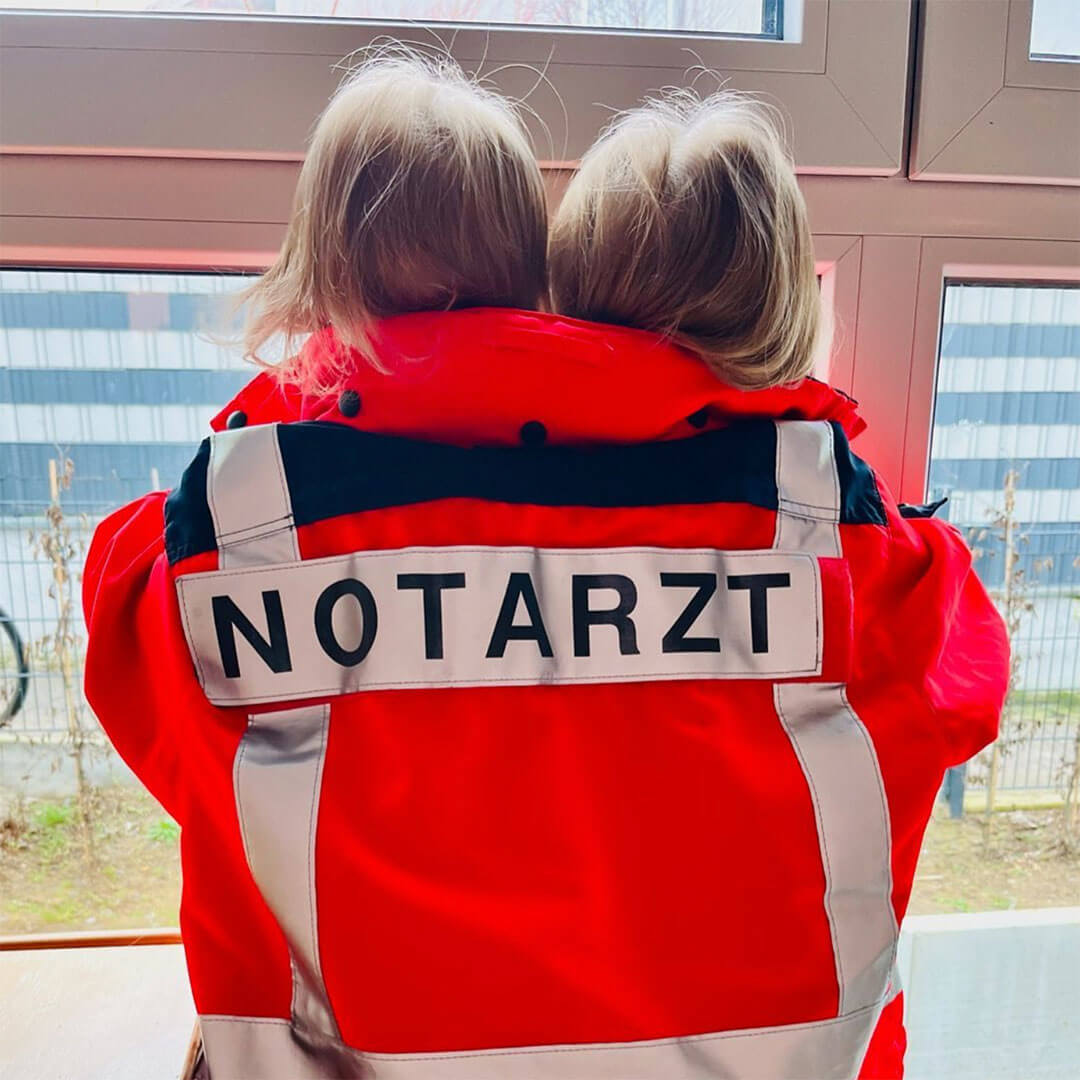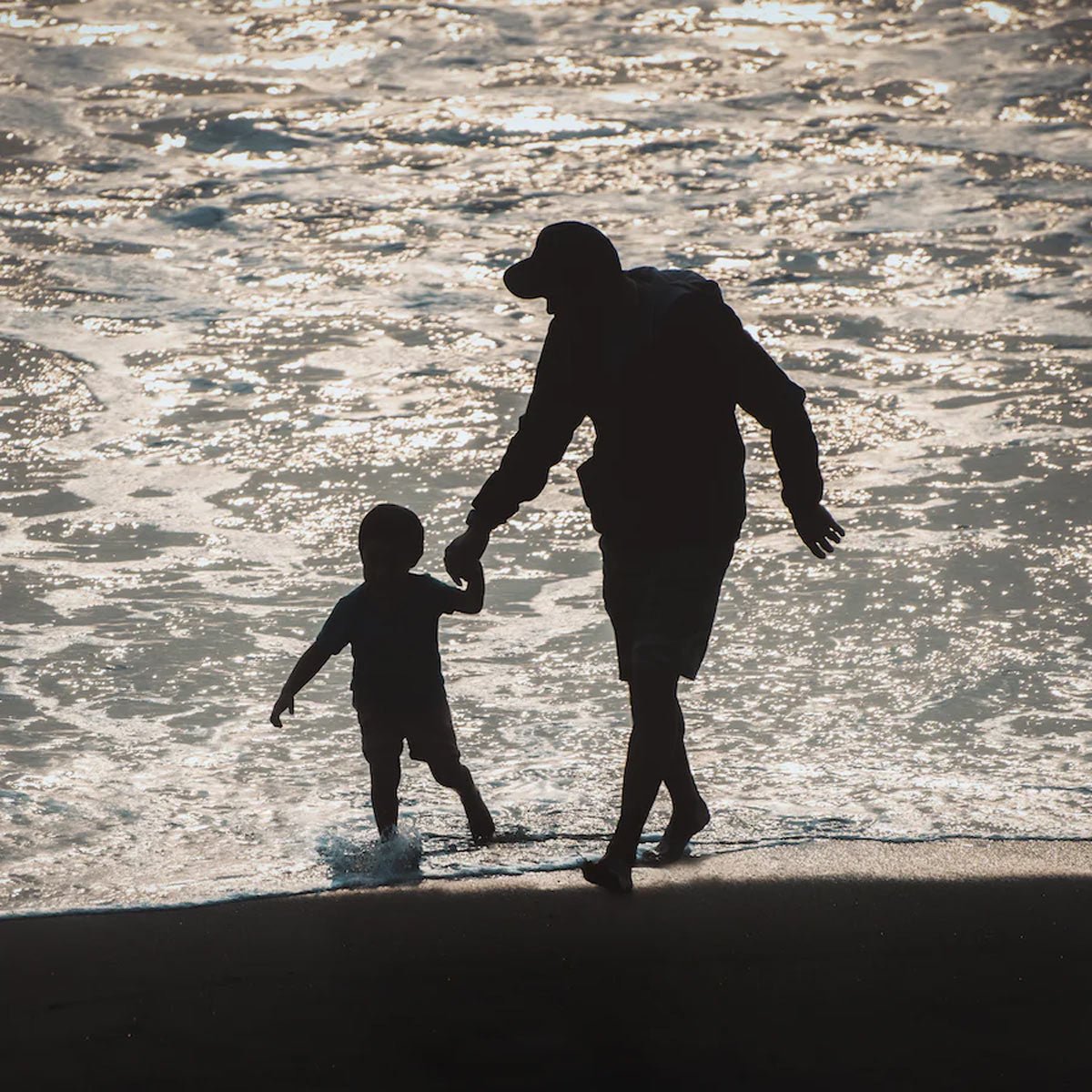Key Facts at a Glance
- Children explore the world with their mouths – many household items are dangerous.
- Especially hazardous: cleaning products, medications, batteries, e-cigarettes.
- Keep all dangers out of reach – and know basic first aid!
Sources of danger in the home
CChildren are curious. They discover their surroundings anew every day – especially toddlers, who explore many things with their mouths. That’s why it’s so important to protect them from the many invisible dangers found in the home.
Even everyday items such as:
- Cleaning products, medications, or alcohol
- Houseplants or plant parts
- Small objects like button batteries
- Or e-cigarettes and their liquids
…can lead to serious poisoning – in the worst case, with long-term health damage or lasting consequences.
Experts warn: the danger is often underestimated.
Many parents underestimate how quickly their child’s reach grows – and the dangers posed by everyday household items.
Dr. Lukas Dehé, MD, Managing Director of 12minutes.
"Especially on Poison Prevention Day – but really on every day of the year – it’s important to raise parents’ awareness of the dangers of intoxication and to educate them about possible symptoms and first aid measures."
Dr. med. Annalena Dehé.
What to do if a child has swallowed something potentially poisonous?
Accidents happen – even in the most attentive families. One unguarded moment is enough, and suddenly a child has swallowed something potentially dangerous.
It doesn’t always have to be a typical household cleaner. Berries, mushrooms, or plant parts from the garden can also be toxic. Often, it’s unclear whether anything was swallowed at all – or how much.
First the emergency services, then the poison control center
The poison control center serves as a telephone contact point for all poisoning emergencies – both for private individuals, often parents, and for medical professionals. In most cases, the calls concern children between the ages of 0 and 6.
Usually, the poison control center can give immediate instructions, allowing parents or other callers to begin specific first aid measures right away or prepare for possible complications.
Each federal state in Germany is assigned a poison control center, also known as a Poison Information Center. In most states, it can be reached by calling 19240 from both landlines and mobile phones.
The joint Poison Information Center for the states of Mecklenburg-Western Pomerania, Saxony, Saxony-Anhalt, and Thuringia is located in Erfurt and can be reached at 0361 730 730.
It’s best to save the number of your local poison control center in your phone – so you're prepared in case of an emergency that will hopefully never happen.
How to respond correctly in an emergency:
- Stay calm – and act quickly.
If you find your child in a situation like this – for example, surrounded by plant parts, medication packaging, or cleaning products:
2. Check their mouth.
Gently open your child’s mouth and use your finger to remove any visible residue (e.g. pill fragments, pieces of berries).
3. Call emergency services immediately.
📞 112 – don’t wait, call right away.
4. Contact the poison control center.
📞 030 / 19240 (available 24/7)
They will give you clear guidance on what to do and assess how serious the situation is.
***Important: This information does not replace medical advice or treatment. It is intended for informational purposes only.



